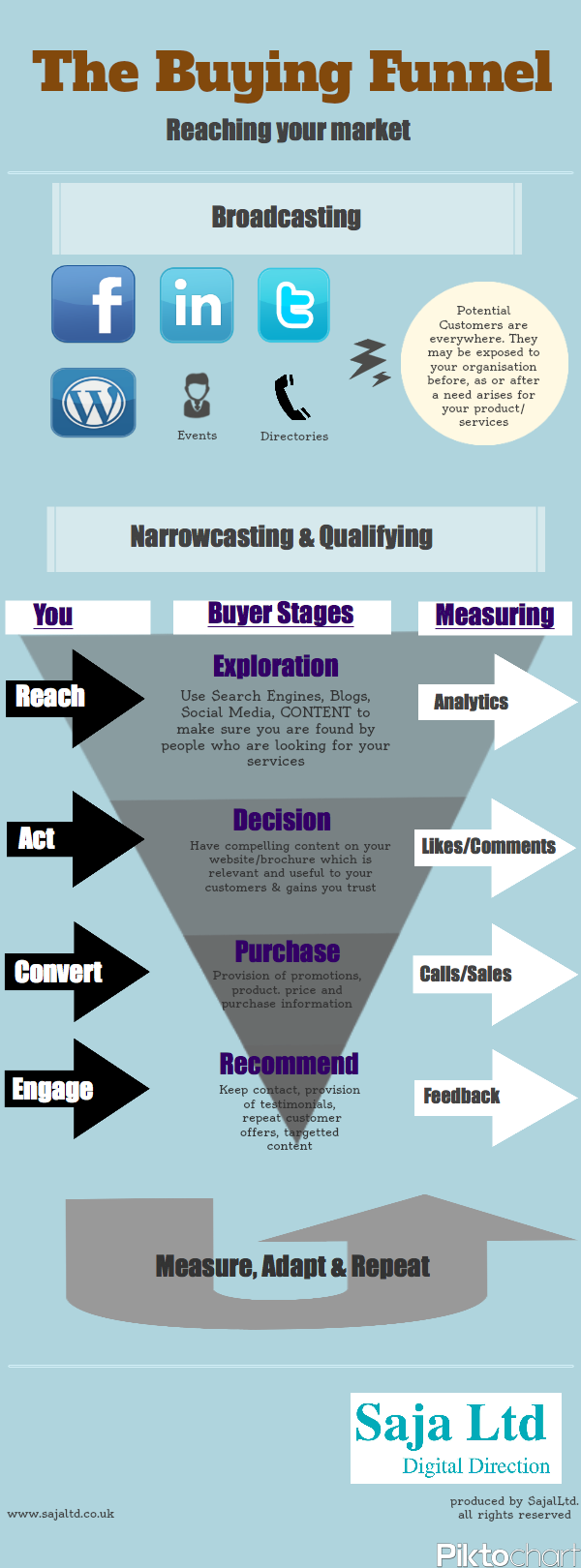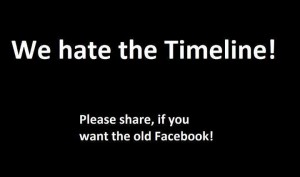
I’m sitting in the doctors surgery waiting for my regular MOT & wondering idly if I’m going to catch a cold from all these folk coughing & sneezing. Many folk know each other, either neighbours or regulars to the surgery as is often the case amongst a certain age group. As each arrival sits down they ask ‘how are you doing today?’ politely & their acquaintance replies ‘oh not so bad thanks…’ & proceeds to discuss their recent ailments & mishaps on holidays. I can’t help but wonder what it is that makes us still ask how someone is doing if they are sat in a doctors surgery, & what makes the replies so positive when they clearly aren’t.
At one point a gentleman about to leave the surgery bumps into an acquaintance coming through the door. ‘How are you?’ the person entering asks with a smile.. ‘I’m at the doctors so how do you think?!’ is the curt retort. I wanted to cheer, but it seemed rude!
We do this all the time at home, work & play. There’s a certain etiquette & set of manners which seems to make masking the truth a more polite & acceptable way of behaving. I am a strong believer in good manners & I certainly have no objections to the door being held open for me by anyone, man or a woman, but there are times in the work place where honesty really would be a better policy.
Here are a few of my honesty bug bears which can hamper projects:
- Being scared to give negative feedback – too often the success of a product is hampered because honest feedback wasn’t given early enough. This can be due to a number of reasons including someone’s position within an organisation (we have a kind of inbuilt warning system that prevents us criticising the boss!), not wanting to offend the creator, not feeling confident enough to speak out, but in almost all cases there is a way to provide feedback that is constructive and still polite even though it may appear negative. An example of this could be if you spot an issue with the layout of a webpage which could affect the usability of the site then it is important to raise this early as reworking it later can cost time and money, and it’s totally possible that nobody else has spotted it. If you raise it and it’s been considered and the end result is still the same then at least you understand the thought process behind it.
- Identifying real reasons for wanting something (aka ‘the hidden agenda’) – this is all too often the case if organisational politics get in the way of working well as a team, and sadly it’s often the case if there are organisational restructures under way. This is often not really lying it’s just not telling the whole truth, and often it is totally understandable in the delicate employment climate we are living in. However, unfortunately, as a project manager it can be very difficult to ensure a quality end delivery if you don’t understand the whole picture. Often by bringing out into the open the real reasons for wanting something an approach can be found which will take this into account and is less likely to affect the end quality.
- Talking about money (what’s my budget/what will it cost) – this is a particularly British curse. When I was travelling around Asia I discovered the joys of bargaining and it was an accepted culture that both parties haggle and meet in the middle and everyone is happy with the outcome. However we are not good at haggling in the British culture, possibly because of a competitive spirit, and I suspect possibly because money is so often a taboo subject, but in all honesty I don’t know why. Never the less this often results in long drawn out conversations about what the cost will be for certain work where both parties are trying to ‘win’ – either by paying less than they wanted or charging more than they expected. Recently I had a very refreshing experience where I was liaising with someone who was really pushed for time to agree a cost. So in order to speed things up I was told a fixed budget and asked to come back with an approach which meant I could fit within it. I was then able to come up with the most efficient way to get them the most amount of work in that budget. It may have felt slightly awkward and not in normal every day etiquette to begin with but with both of us being up front and honest we were able to get the best out of the arrangement for both parties.
There are plenty more instances where it’s deemed acceptable not to tell the whole truth in a work situation and I suspect that a bit more honesty would actually be helpful. Have you any good examples or ‘bug bears’ where a bit more honesty rather than perceived good etiquette would have helped you to deliver something a wee bit easier? I’d love to hear about them.


